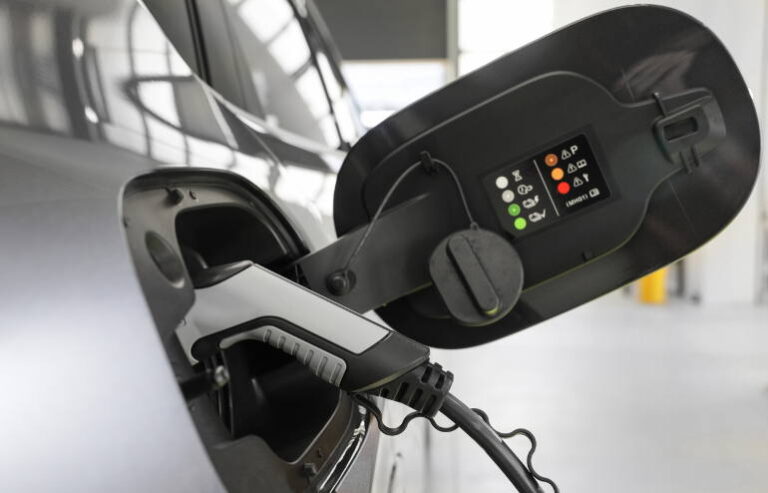When FleetPartners released its Q1 results, it highlighted the positive impact on revenue that will come as customers transition their fleets to electric vehicles . The report indicates that despite certain adjustments in specific revenue streams, the overall effect is expected to be positive.
While EVs typically have a higher purchase price, the financing opportunities associated with these vehicles generate greater net interest margin (NIM). This increase in NIM serves to offset the lower maintenance income resulting from the lower maintenance costs associated with EVs.
Income derived from maintenance services, which is priced on a “cost-plus” basis, is expected to decrease as servicing needs decrease. Furthermore, fuel rebates, previously earned with conventional vehicles, will no longer be applicable in an EV fleet. The report notes that all other income levers, such as infringements, tolls, driver safety, roadside assistance, accident management, and telematics, are expected to remain unchanged during the transition.
The Q1 results indicate a substantial increase in the demand for EVs across corporate and small fleets as well as novated leases. When compared to the same period in the previous year (1H21), the adoption rate of EVs across Australian and New Zealand has soared, reaching 3.8 times for corporate and small fleets and a staggering 27.4 times for novated leases, with an average lease value of $71,000.
One of the driving factors behind this surge in demand is the introduction of government low emission incentives in New Zealand, where the government has also implemented policies such as the Clean Car Discount and the Clean Car Standard to address affordability and supply availability issues. In New Zealand, the Fleet Partners order pipeline is now 50% BEV, PHEV or HEV(Battery Electric Vehicle, Plug in Hybrid Electric Vehicle or Hybrid Electric Vehicle).
The introduction of the Electric Car Discount policy by the Australian government has stimulated strong demand for Battery Electric Vehicles (BEVs) and Plug-in Hybrid Electric Vehicles (PHEVs), with Fuel Efficiency standards due in December 2023 expected to further impact demand in this sector.
With experience in the more advanced New Zealand market, the report asserts that Fleet Partners holds an advantageous position in the market to assist Australian customers in their transition, with a dedicated EV Product Team, EV charging partnerships and environmental certifications.
While the transition to EVs is a priority for many fleet managers, there are still significant barriers to overcome. High whole-of-life costs and limited availability of suitable EVs, especially utility vehicles, pose challenges for fleet managers considering the switch. However, with government policies aimed at enhancing affordability and improving supply availability, these barriers are gradually being addressed.
Additionally, charging infrastructure needs and management is a new area for fleet managers to grapple with, and the report suggests that EV transition will act as a catalyst for fleet outsourcing, as customers seek external expertise in addressing charging infrastructure needs and navigating the complexities of EV adoption.
Overall, Fleet Partners’ Q1 results indicate a positive trajectory as they embrace the transition to an EV fleet, leveraging their expertise to deliver value-added services and support customers in their sustainability goals.






